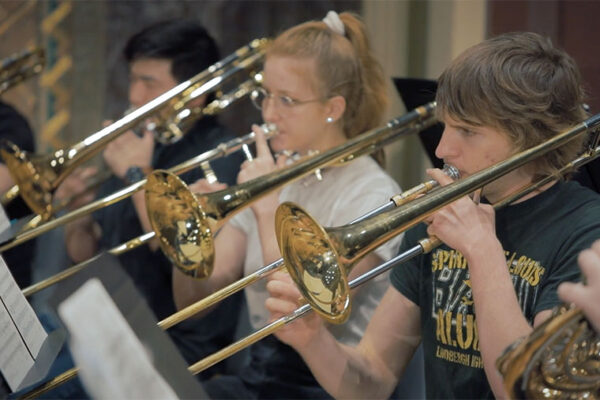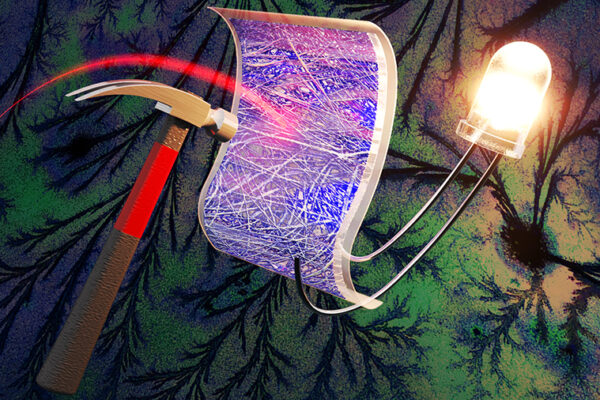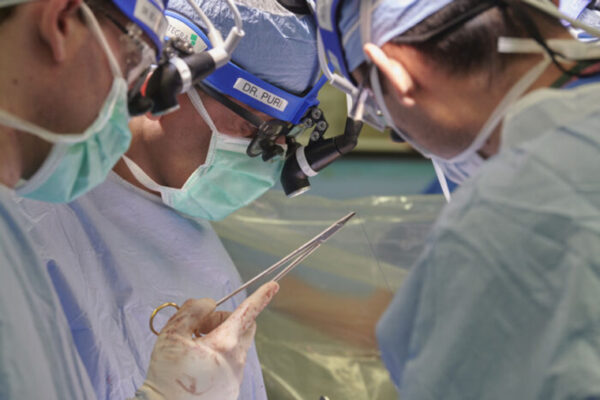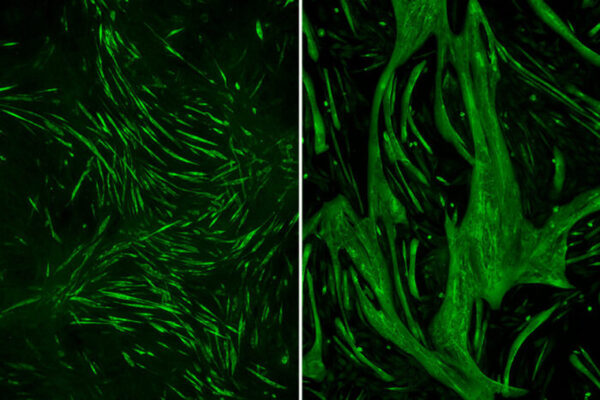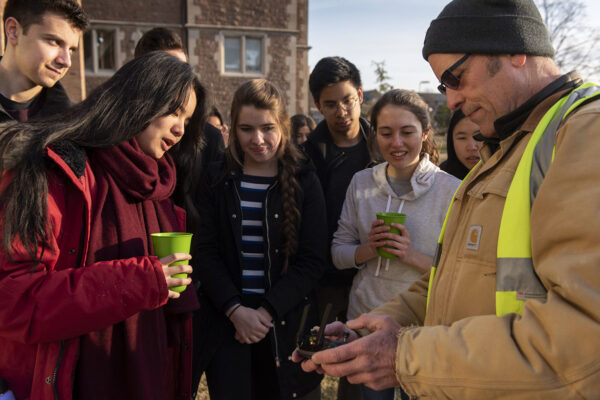Paper: Justice Department narrows interpretation of emoluments clause
The U.S. Justice Department has narrowed its interpretation of the foreign emoluments clause, allowing foreign countries to court President Donald Trump through patronizing his hotels, condos and golf courses and through granting him trademarks, suggests a new article by ethics expert Kathleen Clark of Washington University in St. Louis.
Despite health warnings, Americans still sit too much
A new study led by the School of Medicine shows that most Americans spend a lot of time sitting, despite public health messages that prolonged sitting is unhealthy. Such inactivity increases the risk of obesity, diabetes, heart disease and certain cancers.
Video: Washington University Wind Ensemble
A tuba establishes the simple, five-note motif. Woodwinds respond. The full ensemble quickly joins the fray. On Thursday, April 25, the Washington University Wind Ensemble will perform Gustav Holst’s celebrated Second Suite for Military Band, along with works by Aaron Copland, Cécile Chaminade and others, in the 560 Music Center.
Researchers receive $3 million to study how adversity affects offspring’s health
Washington University in St. Louis psychology researchers Ryan Bogdan and Thomas Oltmanns received a federal grant totaling more than $3 million to study how adversity may perpetuate racial health disparities and health outcomes within families.
Takes a licking and keeps on storing
Researchers in Arts & Sciences made an energy storage device that can withstand a hammer striking it more than 40 times. The shatterproof supercapacitor is also nonflammable, unlike lithium-ion batteries. The new work is the cover story of the April 23 issue of the journal Sustainable Energy and Fuels.
New rules for lung transplants lead to unintended consequences
A policy change regarding the rules of lung distributions for transplants has had several unintended consequences, according to a new study from the School of Medicine.
The kids are alright
A new study reveals the surprising way that family quarrels in seeds drive rapid evolution. Conflict over resources seems to play a special role in the development of certain seed tissues, according to Washington University in St. Louis research led by David Queller and Joan Strassmann in Arts & Sciences.
Lithium boosts muscle strength in mice with rare muscular dystrophy
Removing one gene caused normal muscle muscle fibers to grow to three times their normal size. Researchers at the School of Medicine have found that targeting a protein related to that gene with lithium can reduce muscle wasting in a rare form of muscular dystrophy.
Participation is high in Israel’s universal CDA program, the first in the world
A new analysis by the Social Policy Institute at Washington University in St. Louis examines enrollment and participation trends in a newly implemented national Israeli child development account policy, finding that 65 percent of households actively enrolled in the program during the first six months.
Students study bringing renewable energy home
The Office of Sustainability launched RESET, an innovative new program that provides students real-world experience in renewable energy, one of the fastest-growing sectors in the U.S. economy. Students from a range of disciplines have studied the engineering, policy and business aspects of installing solar power on the South 40.
View More Stories


